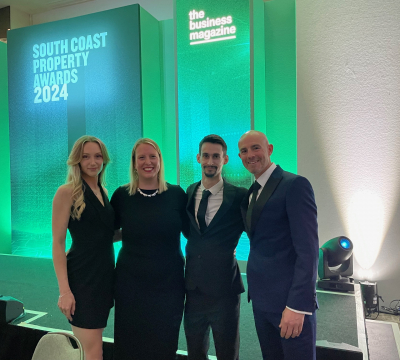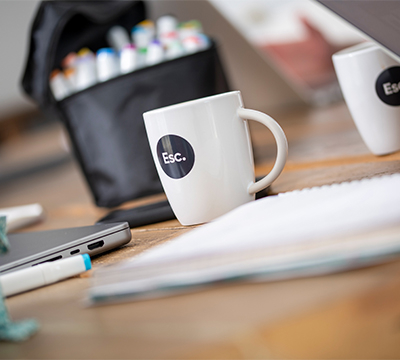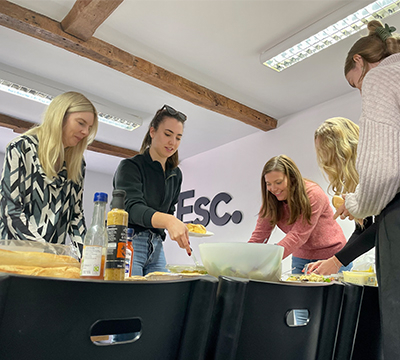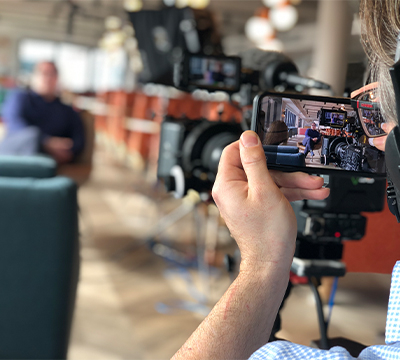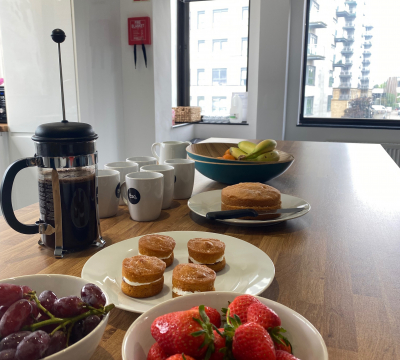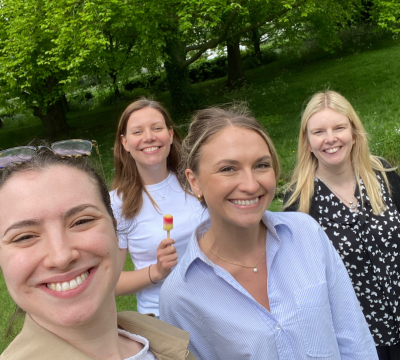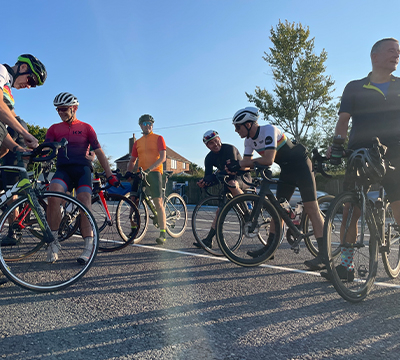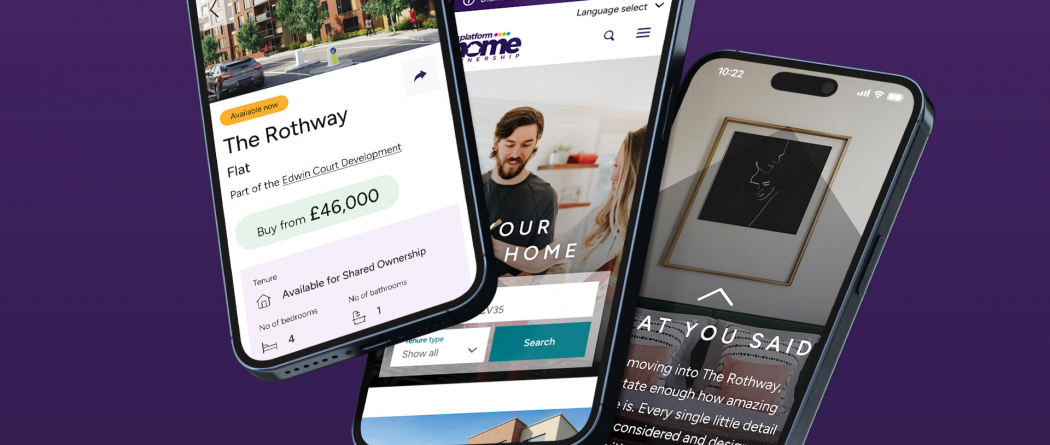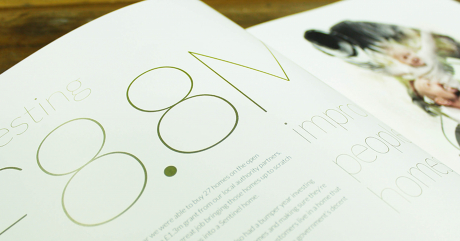
Insights How to write smarter agency briefs - and get the results you want


A while back we wrote (what turned out to be) a really popular feature on ‘How to create winning tender documents’. I know right, what were we thinking, producing such a handy article geared towards helping other agencies?! Anyway that’s just the kind of warm, fluffy people we are. It got us thinking though - what if we flipped it the other way around and created a guide on how to help brands write effective briefs for agencies
I’ve been in the marketing game for a fair old chunk of time now and have experienced life both in-house and agency-side. And one thing I’ve often noticed working agency-side is the difference in briefs we receive.
Sometimes our briefs can vary from an email literally asking ‘Can you please run our social media? (and these aren’t always start ups or small companies either)’, all the way through to 30 pages worth of forms and questionnaires to fill in where War and Peace suddenly looks like a light beach read.
And this is by no means a criticism at all to brands seeking quotes, many brands have marketing teams who write brilliant briefs, but perhaps more of ourselves for not providing a framework for others to work from in the first place. After all, we’re the experts providing the service, so why should our clients know how to formulate an effective brief in order to achieve what they’re really looking for?
The project brief is the single source of truth for everyone working on the project. To create a successful partnership between a client and an agency you first need trust. So starting with clear briefs, goals, objectives, pre-agreed outcomes and clear delivery timelines and budgets are key.
No client wants to receive a response from their brief that doesn’t actually answer what they’re looking for and no agency wants to be the one sending back an inadequate response either. So by setting clear expectations, agencies should be in a stronger position to fully understand and answer the brief and clients should receive the exact information that they need to make a decision.
Writing a smart and effective brief or RFP (Request for Proposal) often sounds easier than it is, so we’ve taken the liberty to outline a few of the important things to remember when briefing an agency.
Share insight

Be clear about what you are looking for
Is it a new website, or just a few new landing pages, a brand visual identity refresh or new brand strategy, an omni-channel marketing strategy, or a one-off PPC campaign. Be clear about exactly what the end result looks like for you.
Include an overview of your business (no matter how well known you may be) and outline your business and marketing objectives
Occasionally you may find that what you think you want isn’t actually what you need. That’s why background context and understanding exactly what you are trying to achieve from the brief can help an agency to determine the best form of action.
There’s no point in asking an agency to create a LinkedIn campaign when your business objectives are to increase sales of your B2C products! Extreme example, but you get the idea.
Also this is your opportunity to tell us what sets you apart from the competition, what are your USPs that can help an agency understand you better. On that note, who do you perceive as your competitors or who do you admire?
What KPIs will you be judging the project on?
What’s the objective of the project? Will it be based on lead generation, brand awareness? Do you have any specific numbers in mind? It’s always good to know this upfront as it may have an impact on the answers and proposal provided.
What are you expecting back from the agency?
It’s worth setting expectations right at the beginning, because for us agencies our brains will go into overdrive within two minutes of the brief pinging into our Inbox!
“Ahhhhh my god, I’ve got the best idea, we could do this, we could do that, we could have have gold unicorns jumping out of the website”, when actually at this point in time all you’re asking for is a credentials deck so they can create their shortlist. Awkward.
So what kind of response are you looking to get back right now? Is it just a basic credentials deck outlining more about the agency (teams, services, case studies etc), is it literally a quote, is it a proposal including the process, a full blown strategy, or are you even asking an agency to pitch with actual creative ideas and concepts?
One thing that if we may be so bold to bring to your attention, is that it’s in our nature as creative agencies to try and deliver the world! That often means brainstorming meetings, research, analysis, creative ideas, late nights… So before you send your brief over, make sure that a) you’re being clear on what you want and b) it’s a reasonable request.
Also please make sure you really want an agency. That might sound daft, but we’ve all seen it done before, where we’ve pitched a to-die-for idea only to lose out and see it pop up (badly) a few months later created by their in-house team!
Are there any ‘must haves’ within the brief?
For example, if you’re looking to build a new website from the ground up, make sure to let us know if there are any specific requirements, such as you only want WordPress, or love C5, but dislike Drupal (ok, usually a project of this magnitude would require a meeting and full scope of work before a proposal is created, but again you get the idea!).
If it’s a content strategy with ideation and asset creation, are you looking to the agency for a complete strategy with channel proposal or do you already have a list of desired deliverables such as 5x Insta story videos, 4 email campaigns built in MailChimp etc.
What information can you share that might be useful to the agency?
Do you have any brand guidelines, insights, data, reports, surveys, research, audience profiles or personas?
Depending on the level of detail you are expecting in return, may depend on what you put in in the first place. Provide any information that you can that you think will aid the agency in formulating their pitch response. And if it’s confidential, no problem, most agencies will be happy to sign an NDA if necessary.
Clarify your budget
This is a question that all agencies have to ask but oddly one that can sometimes meet the most resilience. We’ve been told before “I was hoping you’d tell me” or ‘let’s see what your quote is first”. Which we totally understand - not everyone understands how much a bespoke website or social media campaign should cost and why should they. But, they will know roughly how much they have to spend. If you want to buy a new handbag, you know if you can afford to go to Primark or Chanel, so this should be no different really.
It’s of no use to you at all if an agency pulls together the most amazing proposal only to find out that you only have a third of the budget to spend, or alternatively provides a modest quote where you have more to spend and your overall results and ROI could be far greater by spending a little more.
To be clear - good, honest agencies won’t work out a proposal to ensure they spend every penny of your budget, we’re not here to empty your bank account! A good agency will ask because it means they can provide you with realistic proposals that you can afford and provide the best levels of success.
Set realistic deadlines
Did we mention that most agencies spend A LOT of time, effort and resources pulling pitches together? No? Ok, in that case, most agencies spend A LOT of time, effort and resources pulling pitches together!
Be realistic with dates when you expect to receive your brief responses back. A couple of weeks should do it, but much less and you may not get the great results and ideas you were hoping for.
Share insight

A few extra helpful hints beyond the brief itself
Keep your short list short!
You don’t want to end up having to sift through 10 long proposals trying to remember who said what! Most agencies fully expect to be one of three pitching for a project and with odds like that it’s worth the effort, but it can be off putting if you know you’re one of 10, and we know of some agencies who would prefer to put their efforts in somewhere else with a better fighting chance.
Be open to new ideas and having your brief challenged
At The Escape, we’re not a ‘yes’ agency. That’s not to say that we’re not super enthusiastic, positive and great fun to work with. But ultimately we’re here to act as our clients’ trusted advisor. That means that we’ll always tell you the truth and challenge where needed, so you can be sure we have your best interests at heart.
Feedback the good, the bad and the not so pretty
If an agency is unsuccessful, and this is a polite favour, not by any means a demand, but it’s always super helpful to understand what went wrong so that we can learn for next time. Or perhaps it was something beyond our control, in which case poor old Jane from Marketing didn’t need to get fired! Just kidding. It was Fred.
And there we go. Starting a new project can be ridiculously exciting, so get your brief right at the offset, and you’ll be on the road to success.
Share insight
Let's talk
- Call us +44 (0) 1256 334567
If you would like to find out more about how we can help you connect strategically, creatively or digitally, then call us or get in touch. We’d love to hear from you.

